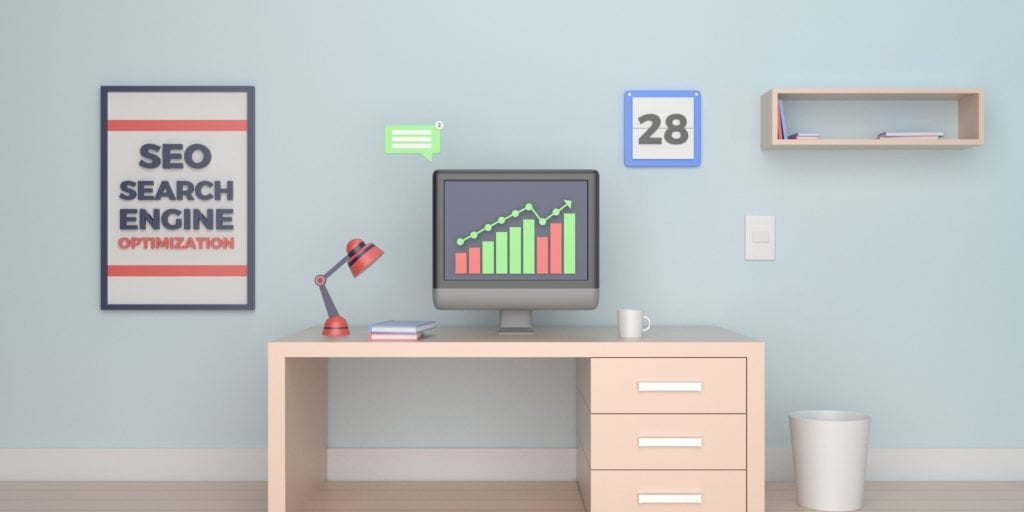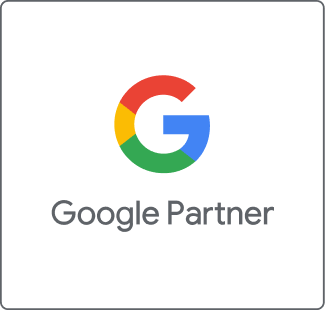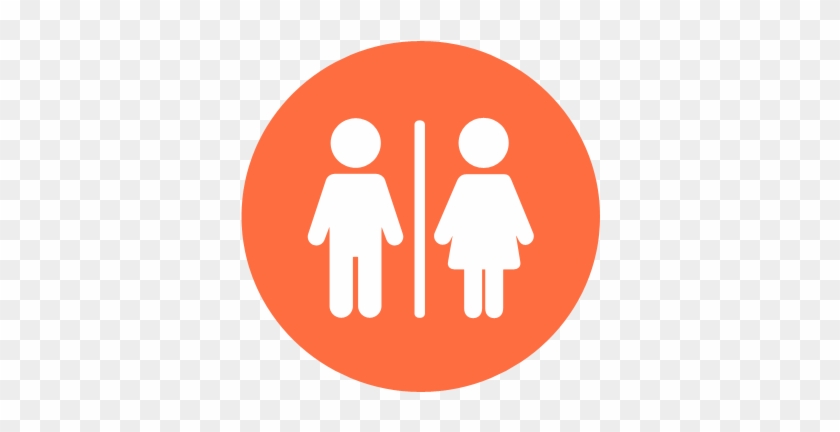So, what the hell is SEO and why does my website need it? How many keywords should I be targeting? What’s a reasonable amount to pay?
A high-level look at SEO
Introduction
See if you relate to this scenario – you’re a small business wanting to grow, set up your website or are close to launching it. The acronym SEO pops up. Maybe your web designer suggests it, or a few million cohorts of digital agencies contact you to close you as an SEO client.
It’s scary. You don’t know if this is just a hustle or something that your website genuinely needs. Well, my fellow entrepreneurial hawks who want to make money (and a lot of it online), here are a few facts that demystify SEO, SEO agencies and… and more importantly, whether you need the service or an ongoing SEO campaign.
1. What is SEO (note – distinct from what it does)
SEO, short for Search Engine Optimisation, is the practice of:
- intentionally modifying specific mechanics of your website to gain preference with Google spider crawlers when certain keywords are searched in Google (on-page SEO); and
- creating links from other websites to your domain – this is traditionally called backlinks (off-page SEO)
I’ll do my best to avoid the technical jargon, but for the sake of completeness, on-page SEO includes looking at a website’s:
- 404 pages (broken links) + optimized URLs
- Page titles
- Meta descriptions
- Heading tags (H1 & H2s)
- Finding duplicate content (identical content found on two (2) or more pages of your website) for a redirection of one of the pages
- Thin content to beef it up
- Internal link structure
- Page load speed
Each of these points warrants an article or blog of its own. If you’re interested in knowing more, Google SEO and insert the relevant point above.
The most important takeaway is that the on-page SEO elements are driven by Google’s search algorithm or Google’s crawl spiders’ bible. These are the main features the spiders look for when crawling a website to rank it in any search. The logic is simple – for any search engine to stay popular and relevant, it needs to produce useful search results for its users (at least in its first few pages). Chances are a website is relevant to a given search if it:
- loads fast,
- has content associated with the keyword searched,
- that web content isn’t thin, its headings and tags are logically written in the context of the material
- The description of the website appearing in Google’s search page (meta description) is similarly relevant to:
- the keyword;
- the content of the webpages in the website
But does this mean the website is authoritative on the subject matter being search? Generally, the more people refer to your work, the more authority your work has; otherwise, why would people keep referring to it. This principle translates to off-page SEO, which is shown through Domain Authority. Off-page SEO is the practice of inducing other sites to refer to your content and similarly refer to their content where appropriate and value-adding to drive information sharing qualitatively. This, in turn, drives up your Domain Authority score. The higher the score, the better ranking a spider crawler will give to your website.
What does SEO do?
In short, a skilful and experienced SEOist (*new word) optimises a website to increase its ranking on a Google search within the parameters of relevant keywords.[1] The ultimate goal is to appear on page 1 of Google – because whoever looks further than the first few pages? [2]
This is what SEO does in theory. You can dedicate a high budget and endless hours to SEO. In the end, if the product the website is offering isn’t good, whether it be a tangible product, service or source of information (or a combination of all three), then SEO will probably not assist much in your online conversations.
Why does my website need SEO – beauty of SEO and the chicken or egg problem?
This is both where the beauty of SEO shows itself and the dilemmas of chicken or egg problems rise. For the website to gain traction on Google and gain organic visits, it must load fast, be useful, have a low bounce rate and entice visitors to spend more time on it – all in SEO territory. But this needs to be backed up by a helpful product that has to be backed by epic SEOing (new word again).
The beauty of SEO is apparent because it iterates, polishes, and almost stress tests a product[3] by focusing on the main pillars of delivering a great UX (user experience) to a website’s visitors. Google’s algorithm focuses on websites’ content quality and relevance. SEO, when done right, ensure a website maintains its relevance and content quality. There is no use explaining a great idea poorly and very little point in having a great product on a website that is not showcasing it well, according to Google’s metrics.
2. How many keywords should you be targeting at your SEO campaign?
There is no way this can be a straight answer. The main takeaway point is that mass targeting keywords for your website and throwing a massive budget at your SEO campaign will not ensure your website ranks on page 1 (one) of Google any faster. Google’s algorithm is intelligent; it picks up similarities and relations between keywords – such as “best price yoga mats” and “best value for money yoga mats”. Therefore, it is a waste of time for a website that sells yoga mats to target these keywords. Targeting one of the keywords will automatically give a website ranking for the other. So target less to start with is the way to go.
We don’t usually recommend targeting more than five (5) keywords for the three (3) months of an SEO campaign as:
- It requires less time for us and costs less for the client
- It gives us a chance to assess and iterate our approach if needed
- The client gains ranking for keywords that we haven’t been targeted; thus its essentially free optimisation
As the campaign gains momentum, we expand the target list by identifying the keywords that Google is not linking to our clients’ websites.
3. What’s a reasonable amount to pay for SEO in New Zealand?
If you’re a small to medium-size business or company, you can expect to pay anything between $400 to $1500 a month for an SEO campaign. But just because you pay more, it does not necessarily mean that your website is being optimised better and increasing its ranking faster. Here are a few issues with SEO agency billings:
It’s not always transparent
It goes like this – you talk to an SEO agency, they scare the hell out of you about how poor your website is from an SEO perspective, then send you an expensive proposal that’s just marketing material for the SEO agency without any substance. Some keyword suggestions are buried in the proposal somewhere with a hefty fee at the end promising you the moon. The pricing isn’t broken down clearly and is not linked directly to any proposed actions. Let me save you some time at these instances – the charging rate is between $250 and $400 an hour for these companies.
Guarantees with buts and ifs
Some SEO agencies even guarantee specific results after 12 months of the proposed campaign. But these guarantees are subject to so many astricts, buts and ifs that they are essentially useless. Any complaint you may have after 12 months will most likely be linked back to a vague explanation of something you didn’t do.
Conclusion
Considering the above, the price proposed for your SEO campaign should tick these points:
- Transparency: the agency clearly explains how many estimated hours a month they are going to spend your campaign; and
- What are they going to spend those hours on.
Importantly, you should be well informed on the topic of SEO before agreeing to a meeting with an SEO agency. They are plenty of inexpensive, informative courses on Udemy.com and similar websites. Spend a few hours on these courses and attend any marketing meeting well-versed with the product you want to buy, i.e. SEO optimisation.
V Digital‘s approach to pricing is quite straightforward:
- We’re going to spend these estimated hours a month on your campaign,
- This is our hourly charge minus any discount or promotions we have going at the time
We also assess whether a client needs an SEO campaign. Sometimes if the product is too half baked, no amount of SEO will assist, and we’re pretty honest about this.
Overall, emphasise the relationship you are going to have with your marketing agency. SEO needs to be iterated often, so it is super important to have a point person in the marketing agency you’ve hired who’s agile, listens to you and actions requests quickly. Your marketing agency should be delivering informative monthly reports with helpful, practical suggestions for your website and product.
[1] Note a keyword can be a word or phrase – so if your selling yoga mats, both “great yoga mats” and “the best yoga mats” are considered keywords from an SEO perspective.
[2] SEO handy fact – websites who have occupy a place between position 5 and 10 are on page 1 of Google – position 1 to 5 is for Google adds. Page two shows positions 10 to 20 and so on.
[3] By product I mean anything a website offers – a service, headphones or sources of information
You can find us in seolist.org’s Auckland Search Engine Optimization Directory





 Listed on Hotfrog New Zealand
Listed on Hotfrog New Zealand